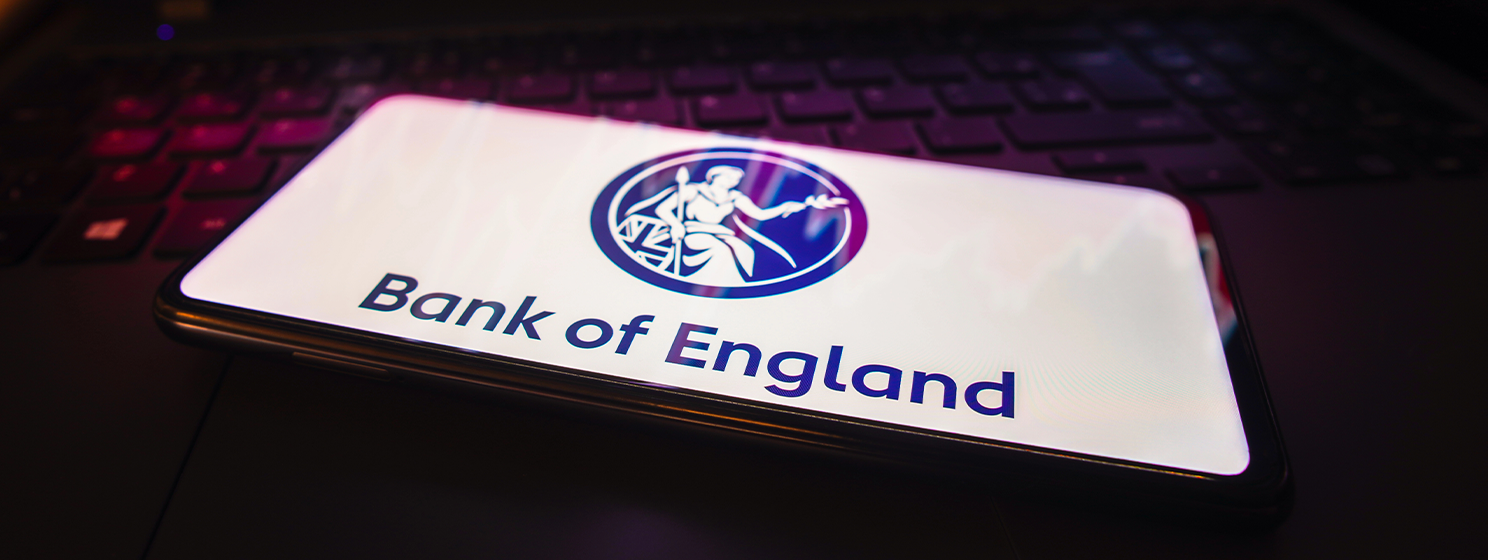|
Getting your Trinity Audio player ready...
|
The finance industry was the first industry that blockchain impacted, disrupting age-old inefficient processes. This week, the industry continued to adopt blockchain, with several initiatives across the globe including in derivatives and issuance of fixed securities. Blockchain also spread its wings to other sectors, including WordPress plugins, beef tracking, bond issuance and more.
This week, the Bitcoin ecosystem celebrated the first anniversary of Bitcoin’s Independence Day. In its first year alone, Bitcoin SV (BSV) already has a thriving ecosystem of applications that allow users to earn and use Bitcoin.
It was a week of adoption, with some of the world’s biggest companies launching blockchain projects. The world’s second-largest food and beverage company Nestle partnered with French retailer Carrefour to track infant formula using blockchain. The two will rely on IBM’s Food Trust blockchain platform.
In Canada, yet another retailer launched a blockchain project, targeting freight tracking and payments management. Walmart Canada will rely on blockchain technology to improve freight and payment processing, giving its users the ability to trace deliveries and verify transactions.
Still on tracing, American logistics company UPS this week delivered a beef shipment from the U.S. to Japan, tracing it all the way using blockchain technology. UPS partnered with HerdX, an agritech firm, with the support of the U.S. embassy in Japan. The recipients in Japan were able to access the details about the steak’s journey all the way to their table by scanning QR codes.
Banks also continue to adopt the blockchain technology. JPMorgan is now using blockchain to speed up cash and collateral transfers in its derivatives market. The bank partnered with Baton Systems on the project and aims to facilitate real-time movement of transfers to multiple clearinghouses.
In Canada, the country’s largest bank is reported to be getting ready to launch an exchange that will cater to cryptocurrencies and other types of investments. The Royal Bank of Canada has been anti-crypto for some time now, but it seems as if the tune is finally changing.
In Europe, British bank HSBC is set to explore the use of blockchain for the issuance of fixed income securities. The largest bank in Europe, HSBC partnered with the Singapore Exchange and investment giant Temasek on the initiative. The trial will focus on Asian bonds, applying smart contracts and enabling tokenization in a bid to reduce costs and improve efficiency.
In China, the country’s largest mobile payments processor Ant Financial has started testing its enterprise blockchain platform. Known as the Ant Blockchain Open Alliance, the initiative seeks to help small businesses integrate blockchain into their operations, and is set to go live after a few months of testing.
Still in China, blockchain has continued to rise in prominence, with the country seeking to become the global hub for the technology. This week, it was revealed that the country is going to spend over $2 billion by 2023 on blockchain. While banking is going to dominate blockchain use in the country, other industries such as supply chain management are rising in prominence.
China has been developing its CBDC, with reports claiming that the development has gone on for over five years. Other countries have been exploring CBDCs as well, but according to a former Federal Reserve chair, they’re unnecessary. Alan Greenspan, who was in charge of the Fed during the 2008 financial crisis, said this week that the sovereign credit that backs the U.S. dollar is far better than any CBDC or stablecoin.
In Singapore, the country’s Monetary Authority (MAS) has developed a blockchain-based prototype that will enable payments to be carried out in different currencies on the same network. The MAS partnered with JPMorgan on the project.
The week also saw some scam projects brought to book. OneCoin was on the spotlight, with the brother to the founder of the scam pleading guilty to charges that could land him in prison for 90 years. In the Netherlands, the police arrested a startup founder whose company raised $86 million, but went bankrupt shortly after. In the U.S, a narcotics dealer who used to sell on Silk Road pleaded guilty to money laundering via BTC.
The president of the World Sports Alliance pleaded not guilty to charges of fraud. Asa Saint Clair is accused of having defrauded his investors by leading them to believe that the crypto he issued was somehow affiliated with the United Nations. And in South Korea, the founder of Coinup crypto exchange is facing 16 years in prison for a similar crime. Other officials were also arrested and charged.

 02-16-2026
02-16-2026 




